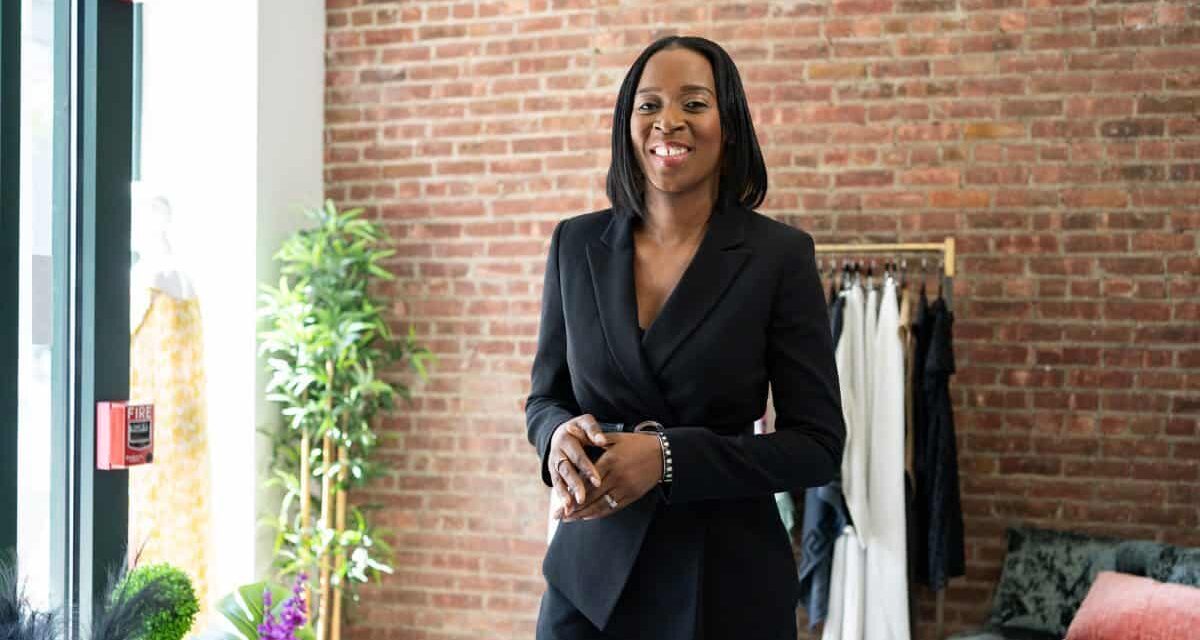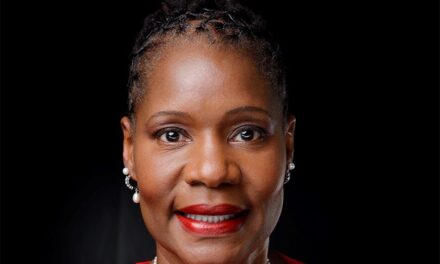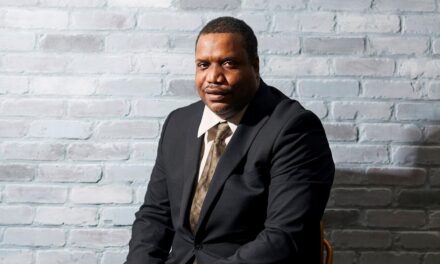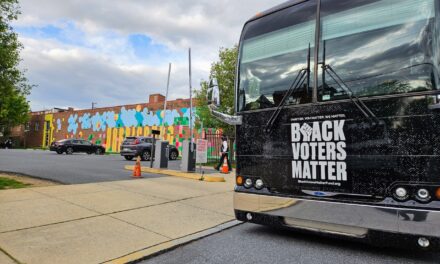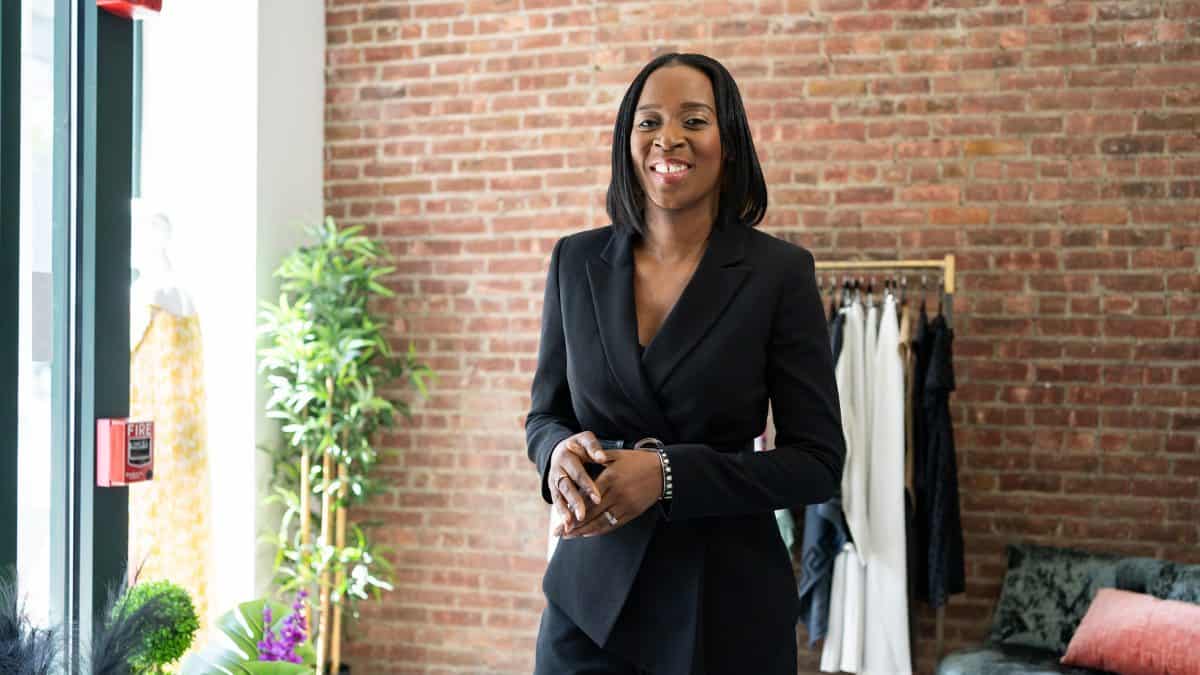
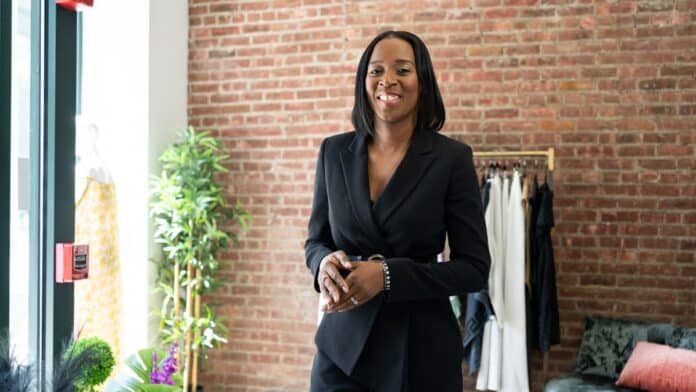
There was a lot of energy and excitement at Philly’s Black Business Expo, but for many small Black-owned businesses, this year has been tough. Sales are down, and the economic pressures are real.
Sierra Marrero, who has been running Indigo Stardust Candles in Philadelphia for three years, knows this struggle well.
Her business saw steady growth at first, but fewer people are buying her handmade herbal crystal candles this year. And many of her regular customers don’t have the extra cash anymore, even for something as simple as a candle.
Sierra isn’t alone in this. The Black Business Expo at the Wells Fargo Center in South Philly brought together many entrepreneurs facing similar challenges.
According to Drexel University, Philly has over 1,100 Black-owned businesses, which make up about 5.4% of the city’s businesses.
But even with these numbers, many are feeling the pinch. Unfortunately, rising raw materials costs, shipping costs, and cheaper online competitors make it harder to stay afloat.
To tackle these challenges, Sierra has gotten creative. Instead of sticking to pop-up markets and online sales, she’s expanded into making party favors, hosting private candle-making classes, and even selling her products wholesale.
Understandably, she’s doing whatever it takes to keep her business going.
“Customers might not buy a candle, but they might pay for an experience with their friends,” she explains. She’s also staying active on social media and doing live events to keep her business in the spotlight.
One of Sierra’s biggest challenges has been the rising cost of materials and shipping. Just three years ago, she could buy 60 pounds of soy wax for $120; now, the same money only gets her 45 pounds.
Plus, shipping costs are especially tough, so she’s started looking for local suppliers to cut down on those expenses.
Other entrepreneurs at the expo shared similar stories. Tiffany Cantlin, who runs Swimbodtee, a plus-sized swimsuit business, has also seen sales slow down. Like Sierra, the rising shipping costs are taking a bite out of her profits. “Everything is going up,” she says.
Pamela Thorton, who owns Pound Cake Heaven in Yeadon, talked about surviving the tough times during the COVID-19 pandemic. Of course, she was hoping things would get easier, but this year, fewer customers are placing orders.
She’s even had to cut down her flavors from 24 to 12 to manage. “It’s been really tough,” she says, thankful her business is still hanging on.
In response to these challenges, some businesses are finding new ways to operate. Philly stylist Meeka Johnson, who runs All Black Everything, has moved her business online with live shopping events on Instagram. This way, she avoids the costs of running a physical store.
During these live events, creators like Sierra can answer customer questions, show off their products, and connect with shoppers in real-time. “A lot of brick-and-mortars are closing. You have to transition into the future,” Meeka says.
Even with these creative solutions, the booming business of the COVID-19 era is over. Meeka points out that while some luxury brands are still doing okay, most businesses are seeing a drop in sales.
Now more than ever, business owners need to be honest with themselves and figure out how to save their businesses.
Rosetta Bernasko, who owns two African clothing stores in Bala Cynwyd and Christiana, Delaware, also shared her experience. She’s seen the effects of inflation firsthand and even watched a friend’s store close last year.
Despite the downturn, she’s staying positive and focused on keeping her business going. “We’ve seen the effects of inflation. There’s been a downturn, but things are just starting to ease up a little bit,” she says, stressing the need for innovation and adaptation.
But aside from individual efforts, there’s a broader push to support these businesses on a larger scale.
More than a dozen mayors from across the country gathered in Philadelphia. Specifically, they were there for the African American Chamber of Commerce’s fourth annual National Convening of Black Mayors.
In essence, the event focused on sharing ideas and strategies to help Black-owned businesses thrive, taking inspiration from successful models like Atlanta, where 40% of airport contracts go to Black-owned businesses.
Mayor Derrick Wood of Dumfries, Virginia, talked about how other cities must find similar opportunities to build Black wealth.
Thankfully, Philadelphia is working to support its Black businesses. Regina Hairston, the president of the African American Chamber of Commerce, explained the event’s goal:
“The point of this event is to make sure our mayors, our ecosystems, and our Black businesses come together to increase generational wealth and help get people out of poverty here in Philadelphia.”
Even though Philadelphia recently elected its first Black mayor in eight years, Cherelle Parker wasn’t at the event because she was traveling.
Despite her absence, the collaboration among the mayors was a positive step toward improving the outlook for Black-owned businesses in the city and beyond.
In these tough economic times, the resilience and creativity of Philly’s Black entrepreneurs are inspiring. It has to be said that the stories from the Black Business Expo show the importance of adapting, finding support, and staying determined to overcome today’s challenges.
While the road ahead is challenging, the collective efforts of these business owners and leaders are paving the way for a stronger future.
